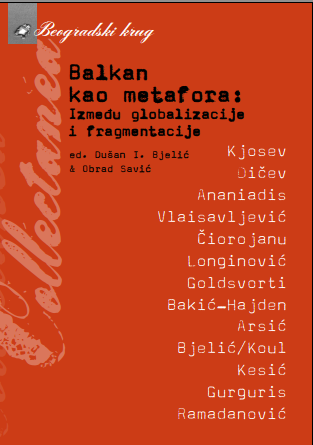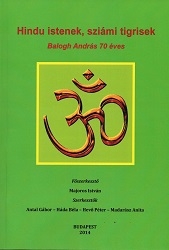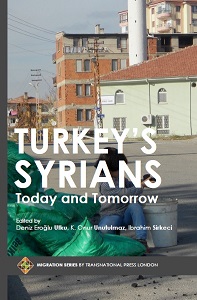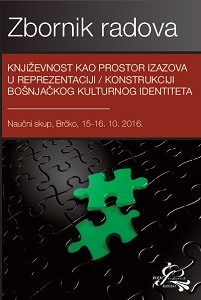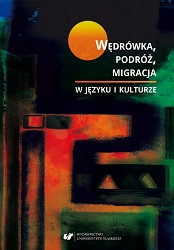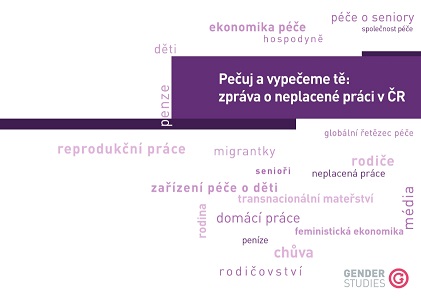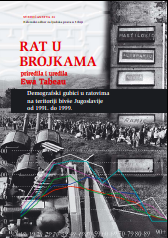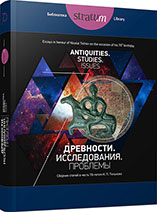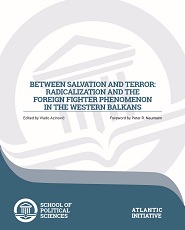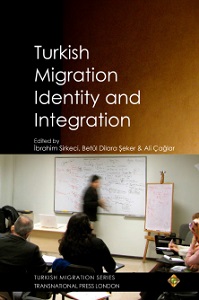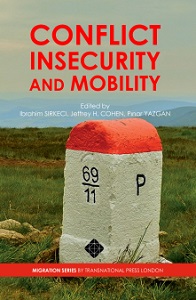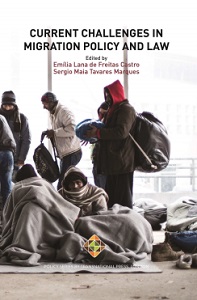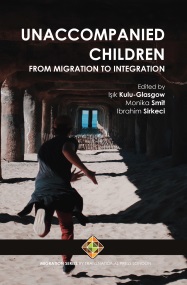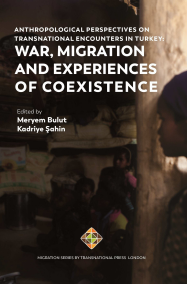Author(s): Enes Pašalić / Language(s): Bosnian
Publication Year: 0
Rarely inspiring book, Vedad Spahić’s: “Literature and Identity” presents us with determinants of the Bosniak identity, contained in the Bosniak and Bosnian literary narrative. Spahić’s kaleidoscopic display of literary narratives about Bosniak identity ranges from orientalist stereotypes of Islam, secularism and proletarian internationalism over nationalism, traumatic experiences of war destruction, victimization and self-victimization, to nomadism, globalization and the ontological and gnosiological relativism, which always raise the following questions: What do the Bosniaks know about themselves?; What should the Bosniaks do?; What may they hope for?; all of which can be summarized into a single question: Who are the Bosniaks? The fundamental question of every social collectivity, the question of identity, requires theoretical and categorical determination that Hegel placed in the second volume of his Logic. This categorical determination, which serves as our guideline, teaches about the “substance”, “essence” or “being”. The question of identity is a matter of “reflection-in-self “, an attitude towards self, not as a direct comparison but as a reflexive relationship. “Reflection in self” is a process of self-determination, but every determination does not constitute an identity. The very process of determination, or self-determination, is expressed as a narrative. Only essential definition allows identity: that which is the same in all different manifestations. Having identity means to be able to appear in different forms, but in a way that no form of appearance exhausts the nature of thing or its identity. Omnis determinatio est negatio. Every determination presupposes difference. We cannot talk about identity, without talking about (presupposing) difference. If we say that the Bosniaks are Muslims, then this determination assumes its difference, the non-Muslims: Christians, Jews. This difference (relation) between Muslims and non-Muslims must be overcome by the means of negation or mutual recognition. We interpret ourselves in relation to others, as others interpret us in relation to themselves. Only in this relation of identity and difference, i.e. by overcoming the difference, new forms of sociability as the basis or reason for existence of individual identity, are being established. Historical practice shows that religious, national and state determinants of Bosniaks, produce differences in relation to the Serbs and Croats, which cannot be overcome by mutual recognition at a higher level of sociability. The fundamental societal form that constitutes the Bosniak identity established by essential determinants, especially Islam which is a subject of nationalization attempts, is expressed as a pre-modern religious or confessional community unable to complete national and political emancipation of the Bosniaks. The relation between reality (identity of Bosnsiaks) and art can manifest itself in different forms. Essentially, art either represents reality of things – depicting phenomenon as it is, depicting it’s “surface”, or it succeeds in depicting the essence of things, by manifesting “that which is present in an absent”, thus bringing out the essence, or identity, of the reality it presents.
More...
